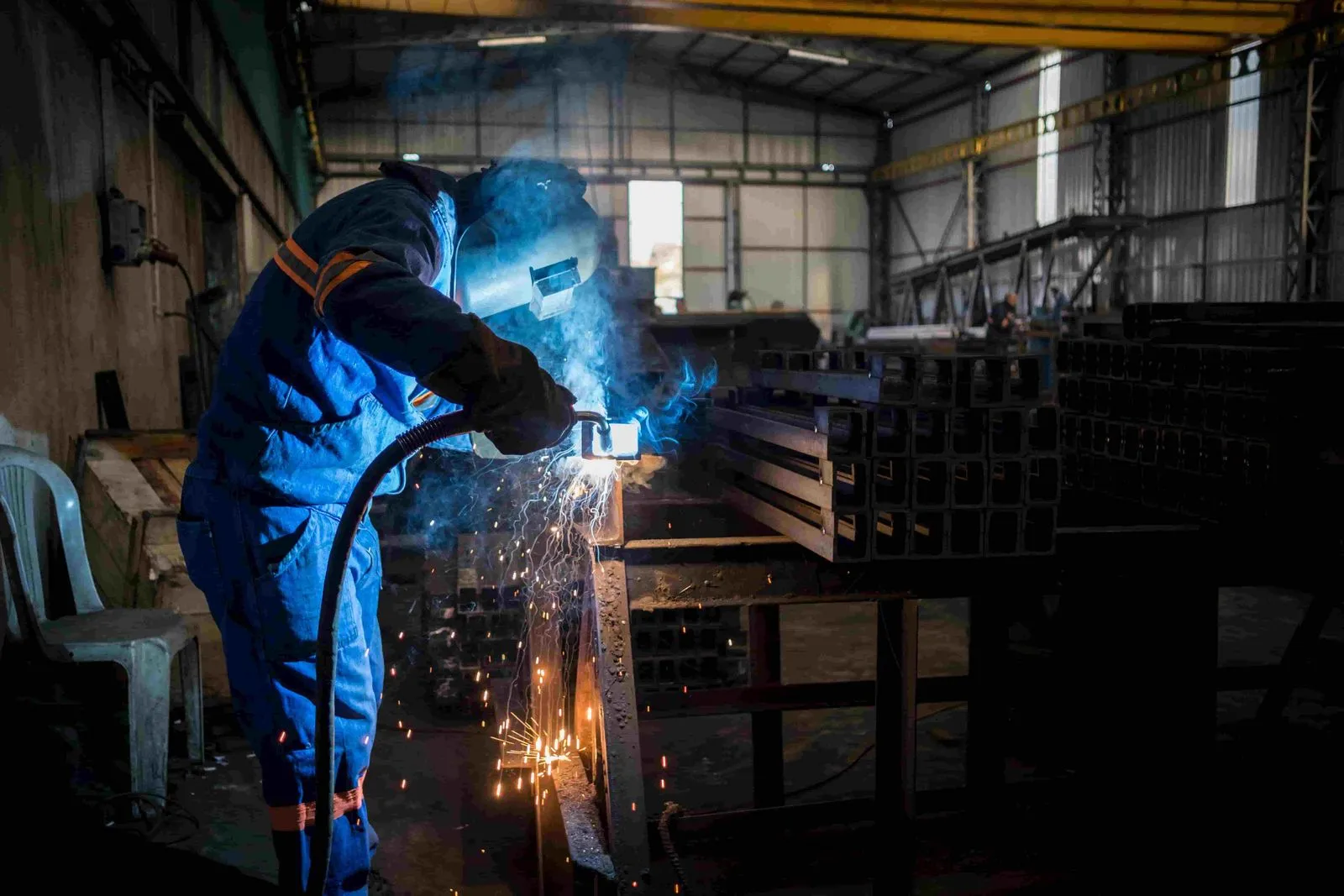1 in 3 small businesses losing customers to maintain COVID-secure workplaces
5
min read
1 in 3 small businesses losing customers to maintain COVID-secure workplaces
June 11, 2021






- As the June reopening hangs in the balance, a third of SMEs have fewer customers, and a quarter make fewer sales
- 1 in 4 small business owners lose over an hour each day making their business ‘COVID-secure’
- Almost half of female business owners worry they won’t be able to afford paying themselves a salary in the next 6 months, compared to just over a third of men
- However, almost a third of SMEs are now trading more than they were pre-COVID
Our new research suggests that although the initial easing of restrictions has helped recovery for some SMEs, around a third are still sacrificing customer numbers with existing COVID restrictions in place.
The price of being ‘COVID-secure’
With the proposed full opening up of the UK economy on 21 June still uncertain, SME owners report that being ‘COVID-secure’ is costing them time and money – 1 in 4 spend over an hour a day making sure that their workplace is ‘COVID-secure’, and almost a quarter (24%) have spent over £1,000 doing the same.
Our research also reveals that over 4 in 10 SME owners (41%) feel maintaining a 'COVID-secure' workplace is ‘significantly’ or ‘very significantly’ impacting how their business operates. As well as the time and cost, almost a third of small business owners are currently sacrificing customer numbers (32%), a quarter are experiencing fewer sales and just over 1 in 4 (26%) have fewer staff in the workplace.
{{flexi-loan="/components"}}
Almost half of female SME owners worried they won’t be able to afford their own salaries
The need for clarity around restrictions lifting is further highlighted as business owners continue to face financial concerns: around 2 in 5 small business owners (39%) worry they won’t be able to afford paying themselves a salary in the next 6 months. With just 13% worried about paying their staff salaries, this points towards the very personal sacrifices business owners are prepared to make.
This period could be even tougher for female SME owners, with 45% anticipating they’ll struggle to afford to pay themselves, compared to 37% of male business owners. And – as the first round of bounce back loan repayments fall due this month – over 4 in 10 women (41%) are concerned they might struggle to pay back these COVID loans, compared to 29% of male business owners.
Almost a third of SMEs now in better position than pre-COVID
Despite the price many SMEs are paying due to COVID, research shows that many are bouncing back – almost a third of SMEs (30%) are now trading more than they were pre-crisis, up from 11% in December last year. Clarity around the UK ‘reopening’ will be critical for their continued recovery.
Seema Desai, Chief Operating Officer of iwoca added: “As restrictions are being eased, many small business owners are chomping at the bit to recover their full potential. It’s encouraging to see that a third are trading more than they were in pre-COVID times, and hopefully we’ll see even more businesses recover once restrictions can be fully lifted around the UK.”
Darren Stanley, CEO of events planning and production company – OnFyre.co.uk: “I’ve been in events, hospitality, pubs and restaurants for 25 years; I love it – it's such a fantastic industry to be in – but the pandemic has completely shut it down. I spent £40,000 on my business just before the pandemic hit – on the website, marketing, equipment and sponsorship – this was completely wasted as no one could make any bookings. I put in another £20,000 when we got told we could reopen at the end of 2020 ... but then came another lockdown. I’ve now cancelled about 750 events – from shop openings to weddings and product launches, costing around £50,000 each - all gone.
“But I’m one of the lucky ones. I had my own funds to keep things going – paying my mortgage, buying dog food – but there are people out there that are losing their homes. And where this has caused a standstill for the past 15 months, it’s actually set my business back about 7 years.
“We don’t know what’s going to happen – we’re taking bookings very slowly as people are unsure about the numbers. This cannot go on any longer. If things don’t reopen in June, the government will just have to subsidise our industry. There’s also a huge additional cost having to maintain a COVID-secure workplace. I had to employ five extra staff members at a recent event costing me an extra £250. The country has also got used to drinking, partying and eating at home so the industry must work even harder to bring these people back.
“I’m praying that restrictions lift – it’s just got to happen.”
iwoca distributed £370 million to small businesses through the Government's Coronavirus Business Interruption Loan Scheme (CBILS) and in June 2020 launched iwocaPay – an online buy now pay later invoice checkout to help small businesses get paid. The lender has also partnered with Mental Health UK to develop a tailored mental health support product for small business owners.
- Survey data available on request


How to use payroll loans for small businesses

Business Loans comparison: High Street Banks vs. Alternative Lenders
Comparing the pros and cons of getting a business loan from traditional lenders and alternative finance providers, including how they differ in application processes, speed of funding, rates and flexibility.

Working capital ratio
Discussing the importance of calculating your company’s working capital ratio, what it represents and how to improve the ratio.






